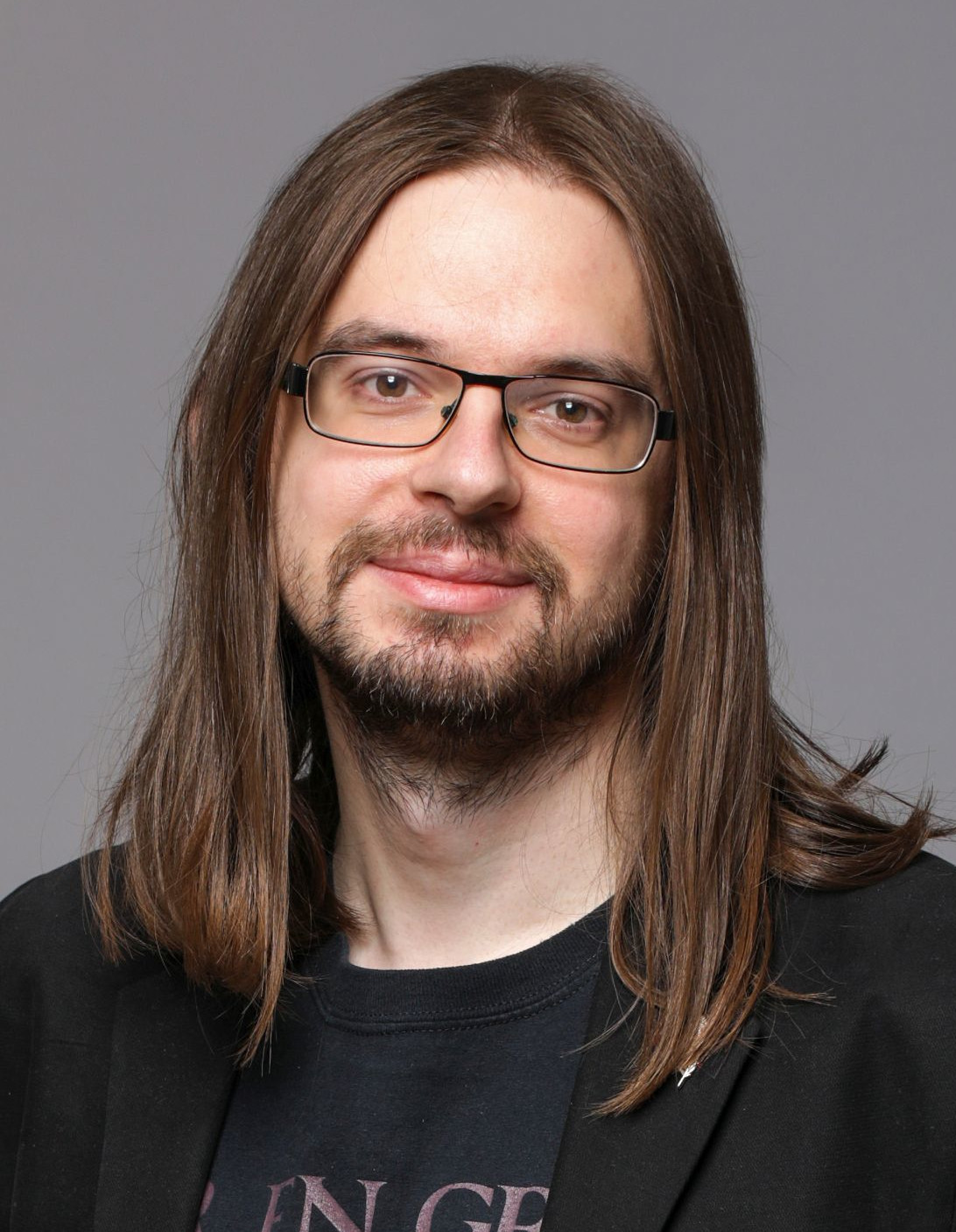Odjel za računalnu inteligenciju
Odjel za računalnu inteligenciju Hrvatske sekcije IEEE poziva vas na predavanje
"Lessons Learned after 25 Years Designing Multi-Objective Evolutionary Algorithms"
koje će održati prof. dr. sc. Carlos A. Coello Coello u četvrtak, 24. ožujka 2022. godine, u 10.00 sati u Sivoj vijećnici Fakulteta elektrotehnike i računarstva. Predavanje se održava na engleskom jeziku i otvoreno je za sve zainteresirane, a posebno se pozivaju studenti računarstva. Životopis predavača i sažetak predavanja nalaze se u nastavku obavijesti.
The talk will be held by professor Carlos A. Coello Coello on Thursday, 24th March at 10:00 in "Siva vijecnica" (the lecture is in English).
The lecture will also be streamed via Zoom at https://tudelft.zoom.us/j/97546385850?pwd=c1Aya0wxc1Y2NTJnTEt5ZjhwclRvdz09
Sažetak predavanja:
In this talk, I will describe my origins as a researcher working in a field which is now known as "evolutionary multi-objective optimization" (EMOO), 25 years ago. Then, I'll describe the inception of my research group at Cinvestav (in Mexico City, Mexico) in 2001, including some of the issues (good and bad) that researchers had to face at that time in Mexico. I will also mention some of the main differences between the way in which research on EMOO was conducted 25 years ago with respect to current research practices including, among other things, topics and methodological issues. In the last part of the talk, I'll briefly mention some of the pioneering contributions developed at my research group, but not without mentioning some of our biggest failures, too. The discussion will include some of the research topics in which I am currently interested. I'll finalize the talk with my personal (and a bit critical) view of the way in which research on EMOO is being conducted today, including some advice for young researchers working in this exciting field.
Biografija predavača:
Carlos Artemio Coello Coello received a PhD in Computer Science from Tulane University (USA) in 1996. His research has mainly focused on the design of new multi-objective optimization algorithms based on bio-inspired metaheuristics (e.g., evolutionary algorithms), which is an area in which he has made pioneering contributions. He currently has more than 500 publications, including more than 160 journal papers and 55 book chapters. He has published a monographic book and has edited 3 more books with publishers such as World Scientific and Springer. He has also published a book on the history of computing in Spanish, which has sold more than 3000 copies. He has supervised 21 PhD theses (including 3 in Argentina), 46 Masters thesis (including one in France) and 8 Undergraduate theses. Several of the PhD theses that he has supervised, have received awards in national competitions. He has also received (with his students) several “best paper awards” at different international conferences, including the prestigious Genetic and Evolutionary Computation Conference (GECCO), which is the most important in his field. He is also the only Latin American who has been awarded twice the “best paper award” of the IEEE Transactions on Evolutionary Computation. His publications currently report 52,662 citations in Google Scholar. According to Scopus, Dr. Coello has 18,782 citations, excluding self-citations and citations from all his co-authors. His h-index is 92, according to Google Scholar, 60 according to Scopus and 52 according to the ISI Web of Science. In the ShanghaiRanking’s Global Ranking of Academic Subjects 2016 developed by Elsevier, he appears as one of the 300 most highly cited scientists in the world in “Computer Science”, occupying the first place in Mexico.
He has received several awards, including the National Research Award (in 2007) from the Mexican Academy of Science (in the area of exact sciences), the 2009 Medal to the Scientific Merit from Mexico City's congress, the Ciudad Capital: Heberto Castillo 2011 Award for scientists under the age of 45, in Basic Science, the 2012 Scopus Award (Mexico's edition) for being the most highly cited scientist in engineering in the 5 years previous to the award and the 2012 National Medal of Science in Physics, Mathematics and Natural Sciences from Mexico's presidency (this is the most important award that a scientist can receive in Mexico). He also received the Luis Elizondo Award from the Instituto Tecnológico de Monterrey in 2019.
He is the recipient of the prestigious 2013 IEEE Kiyo Tomiyasu Award, "for pioneering contributions to single- and multiobjective optimization techniques using bioinspired metaheuristics" and of the 2016 The World Academy of Sciences (TWAS) Award in “Engineering Sciences”. Since January 2011, he is an IEEE Fellow. He is also Associate Editor of several international journals including the IEEE Transactions on Evolutionary Computation, Evolutionary Computation and the IEEE Transactions on Emerging Topics in Computational Intelligence. He has been appointed as Editor-in-Chief of the IEEE Transactions on Evolutionary Computation for the period 2021-2022.


